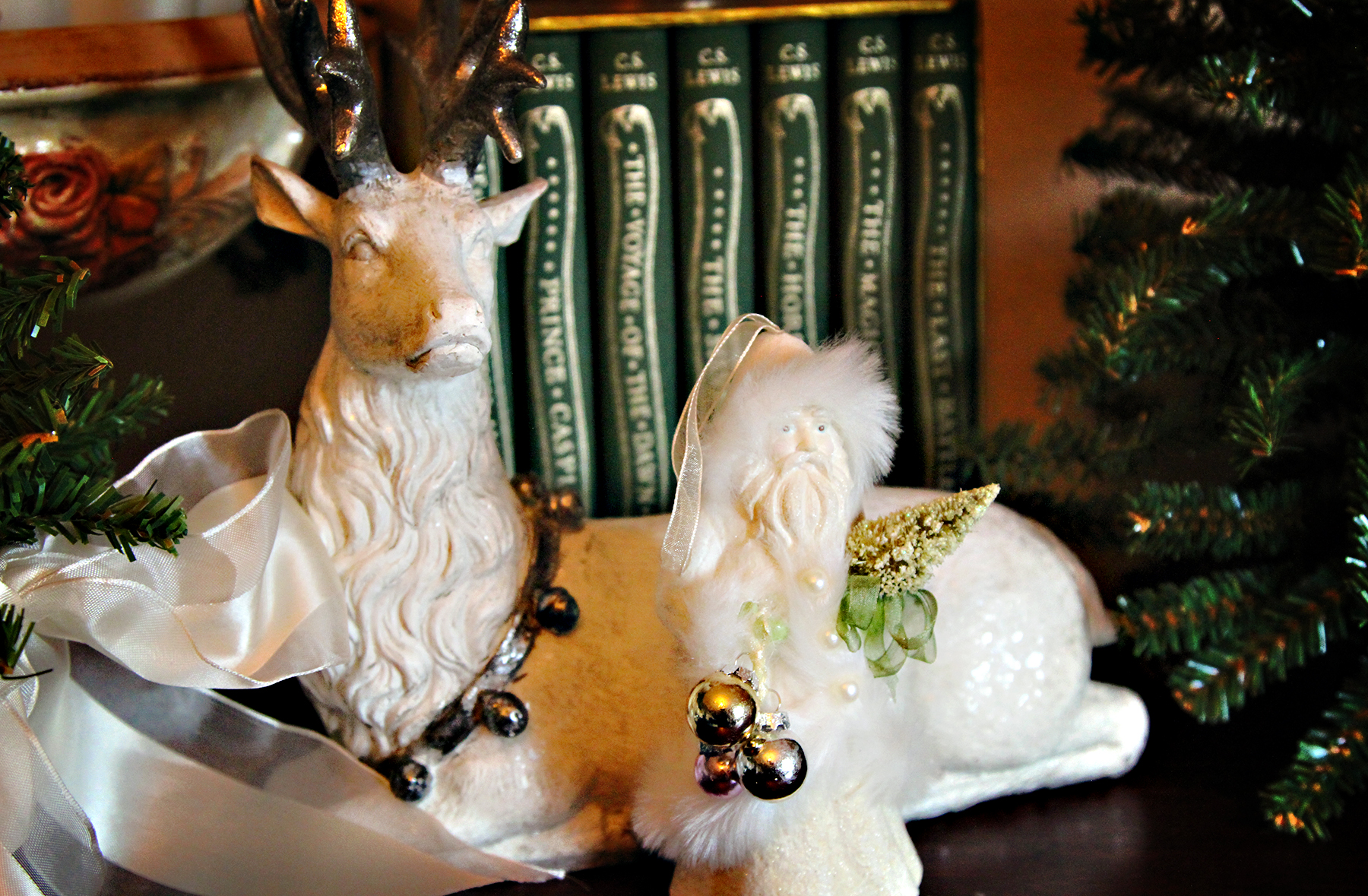Turkey dinner has always left me cold. It seems, to me, a triumph of quantity over quality. As the bloated bird makes its stately procession to the table on Christmas Day, its gleaming, golden skin holds such promise. Yet, as the first slab of dry, blanched meat hits the palate, this promise ebbs away. The bacon, chipolatas, and other trimmings steal the show, rendering the turkey a bland vehicle for bread sauce, jelly, mustard, and other more flavoursome fare.
And so, the trick with turkey is not to eat it on Christmas Day. The trick with turkey is to leave it until Boxing Day, carve it cold, and make sandwiches with it. Once nestled between slices of gently yielding, malty bread, and paired with a little stuffing and bread sauce, the cool, firm slices of meat take on new dimensions. A few crystals of sea salt complete the transfiguration from blandness to brilliance, elevating the humble turkey to the very throne room of festive meat.
I recall exactly where I first learned this most excellent way. It is over thirty years ago. In my mind’s eye, I am sat on an unusually angular lap, leaning back against an unusually angular chest. My grandfather Edward Keyes—all 6’ 4” of him—is folded into a beaten-up green velveteen armchair, set before the hearth of my childhood home. As I balance on his bony knees, I am embraced by a faint aroma of tobacco smoke. My small palms clutch a turkey sandwich. The family has fallen deep into the enchantment of a Boxing Day evening. The pale sun has shuffled off early, replaced by firelight and candlelight. The festival has deepened; time slipping loose from space and form. The veil is thin. I take a bite of my sandwich, and the incantation begins:
“Once there were four children whose names were Peter, Susan, Edmund and Lucy . . .”
It is the first time I remember hearing these words. I cannot be more than six years old. I also cannot know if my grandfather has requested that he might open this treasure to me or if the honour has been pressed on him by others. Either way, as a lifelong devotee of C.S. Lewis’ work—as a poet, priest, and mystic—he is the perfect person to start weaving the spell of Narnia into the fabric of my young mind. As I sit on his knee—enraptured by story and sandwich—I cannot know that I will never meet anyone more suited to this task. I do not need to know. I am fully present in the moment, following my stooping giant of a grandfather through the wardrobe, feeling fur coats give way to frost-fringed branches, hearing the creak of fresh-fallen snow underfoot. In this moment, nothing else matters. I am loved, my belly is full, and my imagination is on fire.
My grandfather died when I was 12. He has entered another world through another door, though one not altogether different to that of which he spoke that Boxing Day evening. He sees now, not in part, but in full. But even as he waited to meet Emmanuel face to face, his was a life that bore witness to a world immanent with divine wonder. As a child, this was manifested to me in immediate ways: an infectious love of humour, of rhyme, of story, and of song. His posture towards the world testified to realities beyond mortal sight.
Now I am fully grown, and my grandfather has drawn ahead of me on the path, far beyond my eyes’ feeble reach. Yet, I find he has left me something precious for my own journey. In two volumes of his poems, Edward Keyes left me his own enchanted wardrobe, a door through which I might pass into his inner world and walk the glades of a redeemed and beloved imagination. Through his poetry, he invites me to see how the song of creation still rings—how the Word still speaks—in a world beset, for a time, by the winter of the Fall. Through his words, I am privileged to think his thoughts after him, thoughts in which divine majesty and mercy are manifest in the everyday rhythms of family life. In his poems, I meet not only my grandfather, but the One he followed—the redeeming King—in whose country he has now found the end of his wandering.
His poems speak words which—as Emily Brontë put it—have run through me like wine through water and changed the colour of my mind.
As I recall that Boxing Day evening, over thirty years gone, and miss my grandfather, gone nearly as long, I am startled by the clarity of my remembrance. I can only think the hour we spent in that firelit cocoon of sandwich and story was an enchanted one: that as I feasted the drawing-near of Emmanuel, and a beloved man opened beloved words to me—words imaging this same servant King—my imagination was set on fire, burning the scene forever into my mind’s eye. It is a fire which has never fully gone out, through all the light and shade of the intervening years.
Each year, as Christmas approaches, I grow eager to rekindle this fire by re-reading those of my grandfather’s poems that gaze with clearest focus on the wonder of the incarnation. One of these—Ballad of the Magi—we recorded him reading one Christmastide, shortly before he departed to find his journey’s end with Emmanuel. As we prepare once more to feast our King’s first coming, and long for His return to make all things new, I pass the gift of his words to you, inviting you to journey with my grandfather and the Magi, and gaze in holy wonder on the infant who is “King of Kings in Bethlehem.”
![]()
The featured image, “White Father Christmas and Reindeer,” is courtesy of Lancia E. Smith and is used with her glad permission for Cultivating.
Leave a Reply
A Field Guide to Cultivating ~ Essentials to Cultivating a Whole Life, Rooted in Christ, and Flourishing in Fellowship
Enjoy our gift to you as our Welcome to Cultivating! Discover the purpose of The Cultivating Project, and how you might find a "What, you too?" experience here with this fellowship of makers!


Add a comment
0 Comments